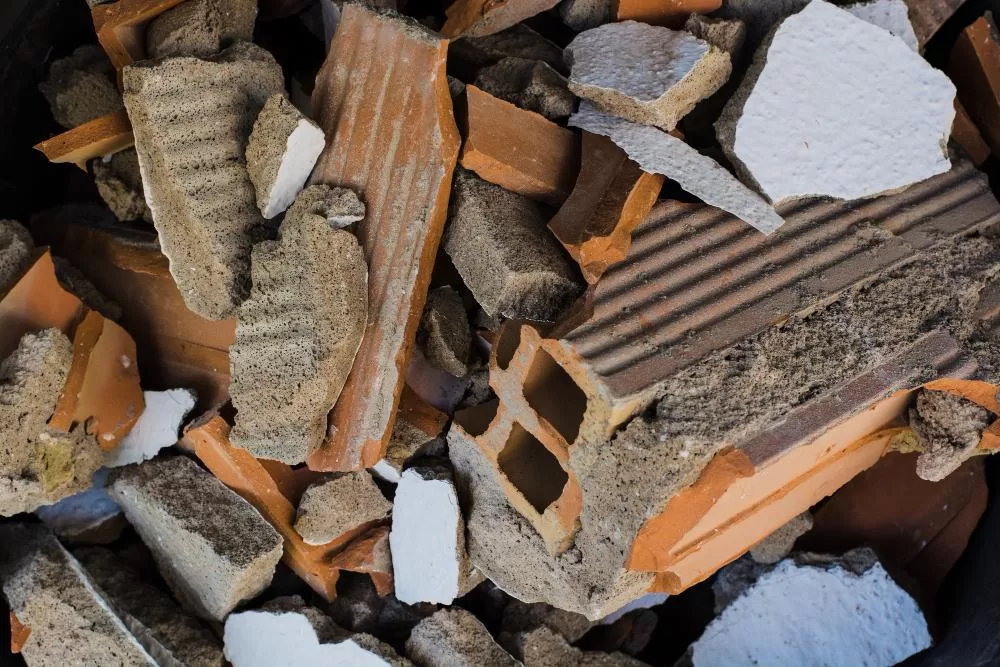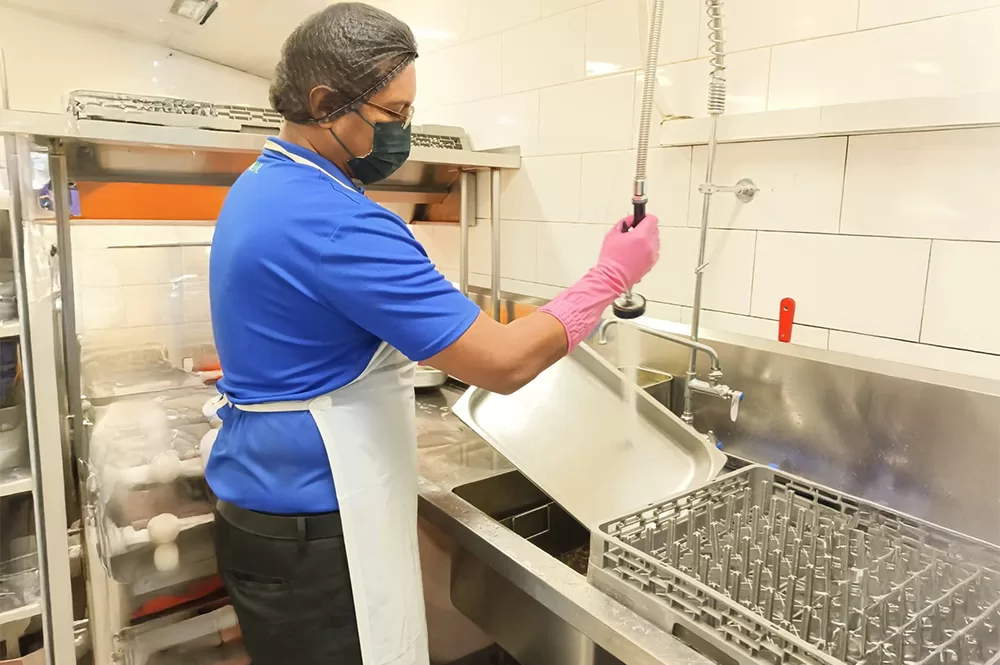Construction and demolition activities tend to generate vast amounts of waste, including concrete, wood, metal, and various other materials. If not managed responsibly, this waste stream can have significant environmental impacts, contributing to landfill overuse, resource depletion, and pollution.
Adopting sustainable waste management practices in the construction industry is imperative to improving efficiency, reducing costs, and enhancing project reputation. Partnering with a waste management company in Singapore that provides specialised waste disposal services and waste removal services ensures construction waste is handled responsibly.
This blog explores practical solutions for managing construction waste, with a focus on responsible disposal practices, recycling initiatives, and sustainable alternatives that contribute to greener building projects.
Types of Construction Waste
Construction waste encompasses various materials, each with its own management challenges. Understanding the different types of construction waste is crucial for developing effective waste disposal services and sustainable waste management strategies.
Concrete: Concrete debris from demolition or renovation projects constitutes a significant portion of construction waste. Recycling concrete can reduce landfill burden and conserve natural resources.
Wood: Wood waste, including timber offcuts, sawdust, and discarded formwork, is another major component of construction waste. Wood can be recycled, reused, or processed into other materials, such as wood chips for landscaping or biofuel. Proper wood disposal in Singapore is essential to minimise environmental impact and maximise resource recovery.
Metal: Metal waste, such as steel beams, rebar, and pipes, is highly recyclable and can be recovered for reuse in new construction projects, reducing demand for raw materials.
Plastics: Plastics, including packaging materials, pipes, and insulation, are commonly found in construction waste. Recycling and responsible disposal of plastics through waste removal services are crucial to prevent environmental pollution.
Hazardous Materials: Construction projects may involve hazardous materials, such as asbestos, paints, solvents, and adhesives. These require specialised handling and waste management consulting services to ensure safety and environmental regulations are followed.
Excavated Soil: Excavation work generates large quantities of soil, which can often be reused on-site or disposed of responsibly to minimise environmental impact.
Strategies for Sustainable Construction Waste Management
Sustainable construction waste management involves a shift from traditional disposal methods towards a more circular approach that prioritises waste reduction, reuse, and recycling. Here are some key strategies:
Reduce Waste Generation: Implementing waste reduction measures at the planning and design stages can significantly minimise waste generation. This includes optimising building designs to reduce material use, choosing materials with high recycled content, and employing modular construction techniques to minimise on-site waste.
Reuse Materials: Prioritise reusing materials whenever possible. This could involve salvaging from demolition projects, repurposing existing structures, or using surplus materials from other construction sites.
Recycle Construction Waste: Implement recycling programmes for various construction materials, such as concrete, wood, metal, and plastics. Partnering with a waste management company in Singapore ensures proper sorting and processing of recyclable materials, reducing reliance on landfills.
Deconstruction: Instead of demolishing structures, consider deconstruction, which involves carefully dismantling buildings to salvage reusable materials. This reduces waste and preserves valuable resources.
Prefabrication: Prefabricating building components off-site can minimise waste generation and improve construction efficiency. This approach reduces material waste and allows for better quality control.
Use of Recycled Materials: Incorporate recycled materials into construction projects whenever possible. For example, new buildings and infrastructure can integrate recycled concrete aggregates, reclaimed wood, or recycled steel.
Benefits of Sustainable Construction Waste Management
Adopting sustainable waste management practices in construction projects offers many benefits, both for the environment and businesses.
Environmental Benefits
Reduced Landfill Use: By reducing, reusing, and recycling construction waste, we can significantly decrease the amount of waste sent to landfills.
Conservation of Resources: Recycling and reusing construction materials conserves valuable natural resources, reducing the need to extract and manufacture new materials.
Minimised Pollution: Proper waste disposal services prevent pollution by reducing the release of harmful substances into the environment.
Economic Benefits
Cost Savings: Sustainable waste management can significantly reduce construction project costs. This includes reduced waste removal services fees and lower material costs through reuse and recycling.
Improved Efficiency: Efficient waste management practices can reduce the time spent handling and disposing of waste, improving overall project efficiency.
Enhanced Project Reputation: Demonstrating a commitment to sustainable waste management can improve a construction project’s reputation and attract environmentally conscious clients and investors.
Best Practices for Sustainable Construction
Implementing sustainable waste management practices requires a proactive and integrated approach. Here are some best practices for construction projects:
Set Clear Waste Management Goals: Define waste reduction, reuse, and recycling targets, along with procedures for handling different types of construction waste.
Separate Waste Streams: Concrete, wood, metal, plastics, and other materials should be separated to facilitate recycling and ensure proper waste disposal services.
Partner with Experts: Collaborate with a reputable waste management company in Singapore for waste collection, recycling, and construction waste disposal in Singapore to ensure sustainability.
Leverage Technology: Use smart waste management solutions to monitor waste generation, track waste flows, and optimise collection routes for efficiency.
Train Workers: Provide training on sustainable waste management practices to empower workers and improve participation in waste reduction and recycling efforts.
Select Sustainable Materials: Choose building materials with high recycled content or those sourced from sustainably managed forests.
Reduce Packaging Waste: Minimise packaging by selecting products with reduced packaging or opting for bulk deliveries.
Prevent Illegal Dumping: Implement measures to ensure responsible disposal through authorised channels and reduce the risk of environmental harm.
Sustainable Construction : Building a Greener Future
Sustainable waste management is no longer an option but a necessity in the construction industry. By embracing responsible waste management practices, we can minimise the environmental impact of construction projects, conserve valuable resources, and contribute to a more sustainable future.
From reducing waste generation and promoting recycling to utilising innovative technologies and collaborating with waste disposal services, every step towards sustainability counts. Let’s work together to build a construction industry that prioritises environmental stewardship and creating a greener, more sustainable Singapore.




